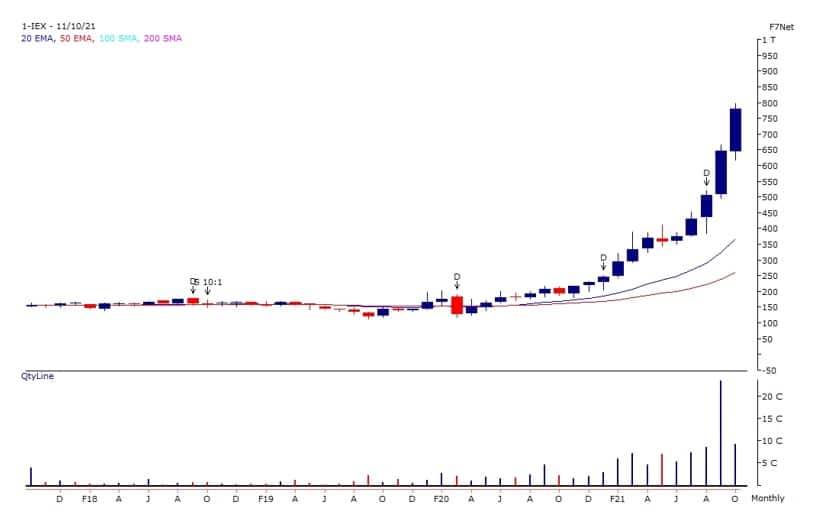
Market
Shubham Agarwal
The Nifty has rallied more than 100 percent in less than a year from the lows of March. While you were trading the rally, how many times on each price drop you expected a reversal and initiated a short trade?
A common mistake that traders do is to try and attempt to pick the highest high and the lowest low and they end up missing most of the general moves. We know staying with the trend can deliver the best possible output but how to really make it happen?
Data-driven analysis can help you achieve this. There is a fine line between “pullback” & “reversal”. A pullback is temporary in nature within the cycle, whereas reversals are changes of the cycle itself. So, if we can successfully differentiate between pullback and reversal, we can optimise our trades.
In a pullback, we could be hunting for bottoming opportunities (buy low strategy) in a bullish cycle and only in the case of a reversal would we be using rallies to sell (sell high strategy). Makes sense, right? But how do we identify these?
Let’s understand how to use derivative built-ups to answer this.
What are the types of built-ups?
There are 4 types of built-ups:
1. Long – Price moving up and OI increasing
2. Long unwinding – Price moving down and OI is also reducing
3. Short – Price moving down and OI increasing
4. Short sovering – Price moving up but OI is reducing
Out of these four types of built-ups, long & short are trends, whereas long unwinding and short covering are temporary adverse movements within the overall trend.
How to identify a temporary move and what should be the trading strategy?
Let’s say if the Nifty has been in a bullish trend and suddenly a correction starts creeping, the derivative data can help you find the answer if the correction is temporary or permanent.
If the correction witnesses Unwinding of Open Interest, it means that the market participants who created longs are booking profits and that is the reason for drop in open interest.
This data indicates a temporary correction and the strategy should be to wait for the pullback to end and one should hunt for bottom-fishing opportunities. Even if you create a pyramid strategy and gradually buy the dips, this strategy can prove to be a winning one.
The best value addition from this data is that you’ll know that you do not need to go short or off-load your holdings in anticipation of a correction and you’ll retain confidence in the trend.
Similarly, if an instrument is in a downtrend and suddenly starts witnessing a rally with unwinding of open interest, you’ll not get trapped in that temporary bounce as you’ll know that the overall trend is still negative. As an F&O trader, you should be looking to instead build short positions on rallies or offload any pending holdings on rallies.
Since these types of moves are mostly positional, it may take few days to few weeks to play out. So, trading these types of signals would be prudent using Futures or if you are using Options, use spreads to minimize your theta decay.
When will this study not work?
The built-up study may fail to provide concrete signals when the overall market or the instrument you are trading is oscillating within a range. In this kind of scenario, no trend will exist and the signals will mostly lead to whipsaws, so using this study is best in trending markets.
Summary
Patience pays in trading but it is equally important to know when to keep patience and when to be aggressive, the derivative built-ups can help you control the emotion of patience with a strong supported data.
Disclaimer: The views and investment tips expressed by experts on Moneycontrol.com are their own and not those of the website or its management. Moneycontrol.com advises users to check with certified experts before taking any investment decisions.

